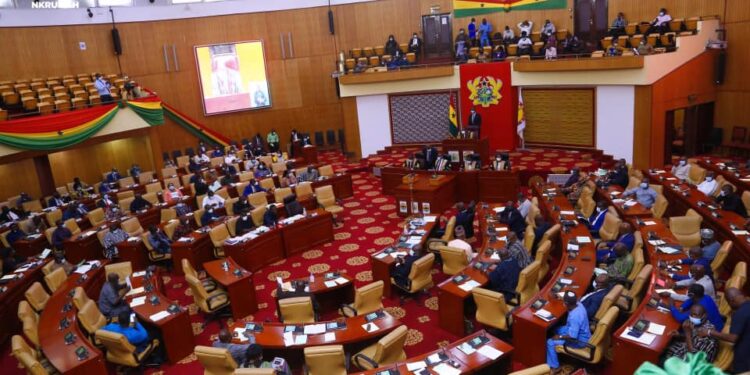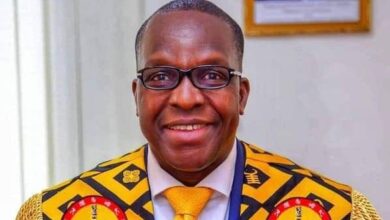The Fall of Arrogance: An Analysis of the NPP Government’s Diminished Parliamentary Majority in the 2024 Elections

By Raymond Ahoto
The 2024 parliamentary elections in Ghana will go down in history as a watershed moment for Ghanaian democracy—a dramatic assertion of the electorate’s will against perceived arrogance, neglect, and unaccountability. The ruling New Patriotic Party (NPP), which once enjoyed dominance in Parliament, suffered a humiliating defeat that left political analysts, party faithful, and Ghanaians across the globe grappling with questions about what went wrong.
This seismic shift was not merely a political upset but the culmination of a series of missteps, tone-deaf governance, and an electorate increasingly intolerant of leaders who appear disconnected from their daily struggles.
The Posture of Arrogance
For years, the NPP leadership projected a confidence that many interpreted as hubris. Government spokespersons often dismissed criticisms as partisan whining and brushed off concerns about governance with rhetoric that belied the gravity of the nation’s challenges. Ghana’s economy was buckling under mounting debt, a weakened cedi, and inflation that pushed ordinary citizens to their limits. Yet, the government’s public stance was often celebratory, painting a picture of success that was at odds with the lived reality of most Ghanaians.
This disconnect was symbolized by comments from high-ranking officials, which were perceived as condescending. Statements like “Ghanaians should tighten their belts” while ministers lived opulent lifestyles fueled public outrage. Worse, government figures accused critics of unpatriotism or ignorance rather than engaging in meaningful dialogue.
The arrogance reached its peak in the lead-up to the elections, with the NPP leadership confidently predicting a resounding victory despite growing discontent across the nation. Their dismissal of opposition concerns and refusal to acknowledge the depth of public frustration further alienated the electorate.
The Economic Mismanagement
Central to the NPP’s downfall was the state of Ghana’s economy. Campaign promises made in 2020, such as reducing the cost of living, creating jobs, and stabilizing the cedi, remained largely unfulfilled. By 2024, the average Ghanaian was dealing with skyrocketing prices for basic goods, stagnant wages, and a deteriorating healthcare system.
Government initiatives such as the controversial E-Levy and the implementation of new taxes to fill revenue shortfalls were seen as desperate measures rather than strategic economic policies. These further worsened the woes of the ordinary citizen. Many felt the government was burdening already overtaxed citizens instead of curbing corruption and waste.
A Disillusioned Electorate
Perhaps the most damning indictment of the NPP was its apparent disregard for the concerns of ordinary Ghanaians. The youth, who formed a significant portion of the electorate, felt betrayed by unfulfilled promises of employment and entrepreneurship opportunities. Farmers and traders were squeezed by high input costs and a lack of support, while urban workers bore the brunt of inflation.
Civil society groups, religious leaders, and traditional authorities who raised their voices were either ignored or vilified, further deepening the divide between the government and the governed.
The 2024 Verdict
The elections were not just about the numbers but a clear statement of dissatisfaction. Voters flipped traditional NPP strongholds, opting for change over loyalty. Parliamentary seats once considered safe were lost to a resurgent opposition, signaling a loss of faith in the party’s leadership.
The result was not just a blow to the NPP’s parliamentary majority but a public repudiation of its perceived arrogance and insensitivity. Analysts have described the election as a referendum on governance and leadership rather than a mere partisan contest.
Lessons to Be Learned
The NPP’s fall should serve as a cautionary tale for any political party in Ghana and beyond. Arrogance, when combined with economic mismanagement and a failure to engage meaningfully with citizens, is a recipe for electoral disaster. The Ghanaian electorate has shown that they will not be taken for granted and that no party, no matter how entrenched, is immune to accountability.
As Ghana moves forward, the onus is now on the newly elected parliamentarians and government to heed the lessons of 2024. The people have spoken, and their message is clear: leadership is about service, humility, and accountability.
In the end, the fall of arrogance was not just the fall of the NPP—it was the rise of the people….




